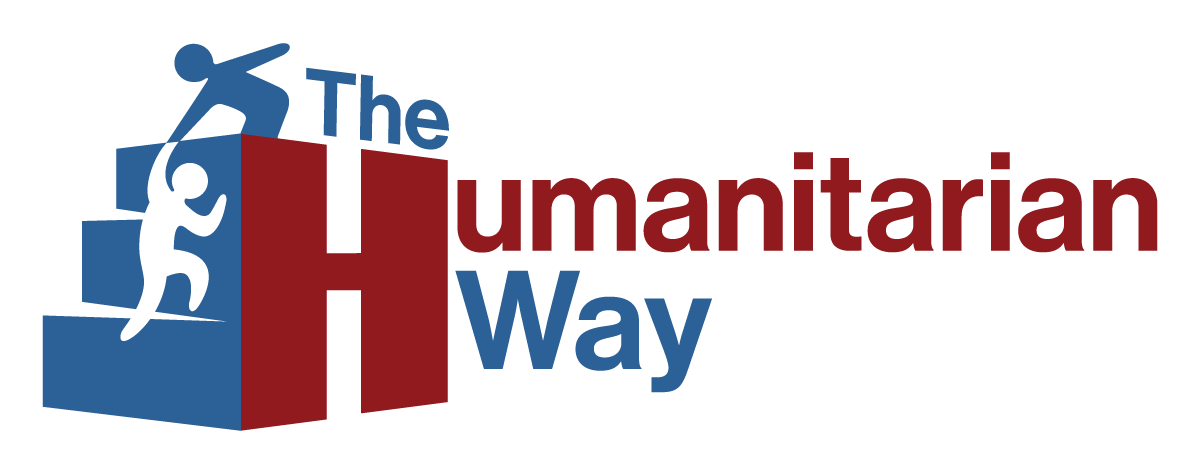As the winter chill sets in, the importance of shelter and warmth becomes a critical concern, especially for those experiencing homelessness. At The Humanitarian Way, we prevent homelessness through our Shelter-Diversion Program; however, we realize there is an urgency for winter preparedness that affects the health and well-being of individuals and families experiencing homelessness in Springfield, Missouri.
The Cold Reality of Homelessness:
Winter poses unique challenges for the homeless population, making them more susceptible to severe health issues. Exposure to the harsh elements can lead to life-threatening conditions such as hypothermia and frostbite. These challenges are exacerbated for vulnerable populations, including children, women, and individuals with pre-existing health conditions.
Winter-Related Illnesses and the Consequences:
- Respiratory Illnesses: Prolonged exposure to cold temperatures increases the risk of respiratory illnesses among the homeless. Conditions like pneumonia and bronchitis become more prevalent, often leading to emergency hospital visits.
- Frostbite and Hypothermia: Lack of adequate shelter exposes individuals to frostbite and hypothermia, both of which require immediate medical attention. Hospitalizations due to these cold-related illnesses strain healthcare resources and contribute to rising medical costs.
- Exacerbation of Existing Health Issues: For those already grappling with health challenges, winter intensifies their conditions. Chronic illnesses like asthma and cardiovascular diseases worsen, leading to frequent emergency room visits.
The Impact on State Funds:
The correlation between homelessness, winter-related illnesses, and emergency hospital visits is not only a humanitarian concern but also a fiscal one. As homeless individuals seek refuge in emergency rooms, state funds allocated for healthcare bear the burden. The strain on hospital resources and the subsequent financial implications highlights the urgency of proactive measures to address homelessness.
Saving Lives, Saving State Dollars:
Helping keep the homeless population off the streets is not only a compassionate response but also a strategic one. By providing shelter and support through programs like The Humanitarian Way’s Shelter-Diversion, we can break the cycle of homelessness and prevent the associated health crisis. This proactive approach not only saves lives but also alleviates the burden on hospital resources and, consequently, state funds.
How The Humanitarian Way Makes a Difference:
Our Shelter-Diversion Program goes beyond providing shelter; it offers comprehensive support to individuals and families facing housing insecurities. Collaborating with local organizations, we address immediate needs such as shelter, utilities, and transportation costs while focusing on long-term housing access and financial stability.
As winter approaches, The Humanitarian Way remains committed to mitigating on state resources that impact the homeless and Springfield community. Through collaborative efforts, community support, and your involvement, we can make a lasting difference in the lives of the most vulnerable during the cold season.
In solidarity with the mission of The Humanitarian Way, we proudly participate in the Ozarks Alliance To End Homelessness and actively support the Crisis Cold Weather Shelters project in Springfield. This initiative provides immediate relief during the harshest weather conditions. To explore our collaborative efforts and community partnerships, visit our Community Partners page on the website of The Humanitarian Way.
Every action counts in our collective endeavor to prevent homelessness during the unforgiving winter months. Join us in ensuring winter preparedness for all. Together, let’s create a community where everyone has a warm and safe place to call home. Please Donate Today to The Humanitarian Way to prevent homelessness.
Doreen Ugwu and Sujata Baral

